Building the Knowledge of English: The importance of learning the foundations of a foreign language5/3/2023 It’s more than clear that English is considered the language of international communication. Spoken officially in 53 countries, which means around 400 million people have it as their first language. However, the big particularity is that 1.35 billion people can speak it, so more than 15% of the inhabitants in the whole world. Also, it is the language of science, aviation, computers, diplomacy, tourism, media, cinema and internet. But most importantly and usually common is that if you meet someone from another country it will open a door for global citizens to communicate.
The course took place in Palermo from 16/04/2023 to 22/04/2023. We had the pleasure to receive a group composed by Izabela, Lidia, Justyna, Malgorzate, Joanna, Anna, Ewa and Monika from Szkoła podstawowa Miry Stanislawskiej-Meysztowicz w Zdzarach in Poland. It’s a fact that the English language is strongly spread around the world, for instance if you enjoy any type of international content, you’re most likely to see and hear something in English. So, the principal aim for this week was to give our participants intuitive and useful starting points to understand the schemes, the operations and especially to communicate. Having said this, we started our journey by seeing some important starting vocabulary and then focused a lot on one of the most important verbs: the verb “to be”. This one is so important because it is used to describe something or someone, to talk about age, feelings, nationalities, professionals and much more. Especially when you’re speaking at the present tense. Learning a language is completely different from any other subject, for example, after learning the verb “to be”, it’s very important to always recap and keep practising it, because you will always need to use the things that you learn for the rest of your developing process of how to use the language. So after going really deep on this last theme, we usually approach the situations where the plural is used and how. Also, to use it well you have to follow 5 important rules and we presented them. How to organise your tasks and plans during the day is a great way to understand different day-to-day activities as also the hours and schedules, like with a weekly plan. Every language has some phrases that are hints for communication and commonly used, English is no exception. With this, we wanted our participants to know how to add more information into these types of questions, for example with “how often?”; “When?”. Then there is a subject that is very easy to mix and even people with a high English level can confuse them, so it’s important to understand the prepositions and also the articles well, for that we practise with exercises, for as they say, “practice makes it perfect”. The Comprehension part comes a lot from listening, so we test this capacity by hearing audios of real situations and then ask questions with the information that the participants could retain, even though in some moments you don’t get clearly a word or two, the context that you’re listening helps a lot and you discover the answers by yourself. Still in comprehension, we saw how to transform sentences from affirmative to negative, and from affirmative to interrogative form. Different types of specific vocabulary were implemented, one of the exercises to give the opportunity for the teachers to use their critical thinking was “what would you take with you in your luggage?” for 3 different travel destinations. Also this was an important way to introduce the weather vocabulary, where they learned how to describe how the weather is. By comparing the residences in Poland from the rest of the world, we learned the different types of houses as well as the spaces that those have, by watching an educational video. Continuing with the help of technology, we did an online quiz that tested the knowledge about all the different types of clothes. Being on a more advanced level, and noticing that the progress of the participants increased a lot, we thought that a very important situation, that is really accurate on the professional level, is knowing how to read an effective email, as so, writing one. In order to understand the best way possible all this concepts, our methodology focuses a lot on practising, but in a intuitive, creative and funny way, by playing games, quizzes, questions with multiple choices and true and false, reading and then developing a task. Our teachers were also brave, even knowing that possibly there was some pressure in trying to speak, they didn’t let themselves to be affected by that, so the result was a very productive, interactive and knowledgeable week ! We are sure that this will be useful in some future situations, and also there is a lot of potential in each other to develop and learn even more, it’s never too late to learn any new language ! Discover more about this course here. |
Welcome to the ELA Blog. Here you will find articles and photos of our courses and have a look at the topics addressed during the week in Bologna, Palermo and Tenerife. You will also have the chance to take a peek at our projects and check out what we have been up to.
Archives
July 2024
Categories |
-
Course catalogue
- 2023-2024 course catalogue
- Soft Skills >
- ICT and New Technologies >
- Inclusion and Diversity >
-
Innovative Teaching Methods
>
- Innovative teaching methods discovery
- Non-formal education teaching methods
- Dual education and work-based learning
- Teaching leadership and entrepreneurship
- Project based learning
- Game based learning and gamification
- Green skills
- Outdoor education
- Outdoor education trekking edition
- Promoting creativity and critical thinking
- Languages and EU projects >
- Preschool >
- Erasmus Plus KA1
- What we do
- About us
- Locations
- Blog
- Contact us
 English
English български
български Čeština
Čeština Español
Español Français
Français ελληνικά
ελληνικά Italiano
Italiano Polski
Polski Português
Português Română
Română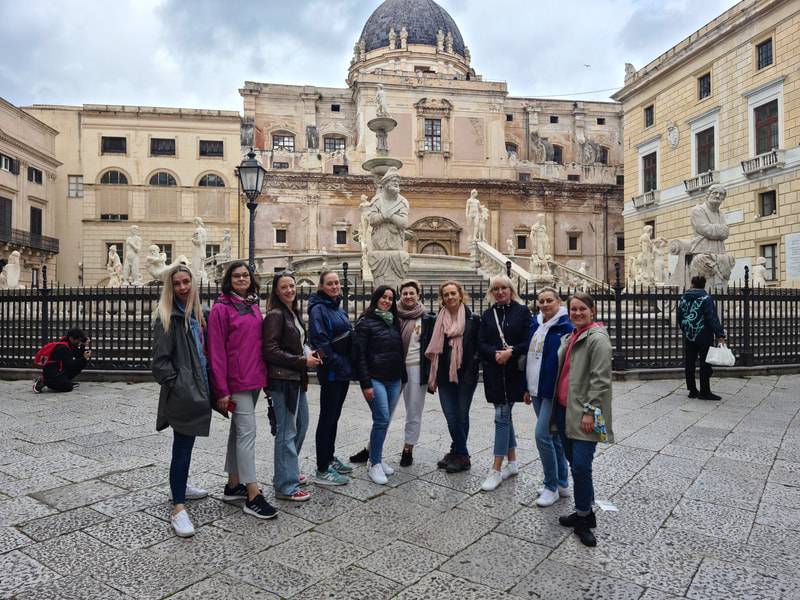
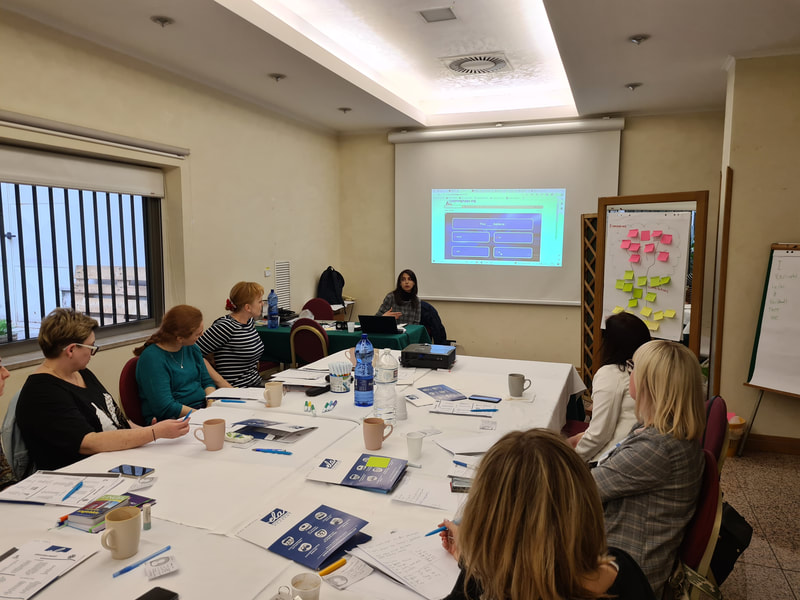
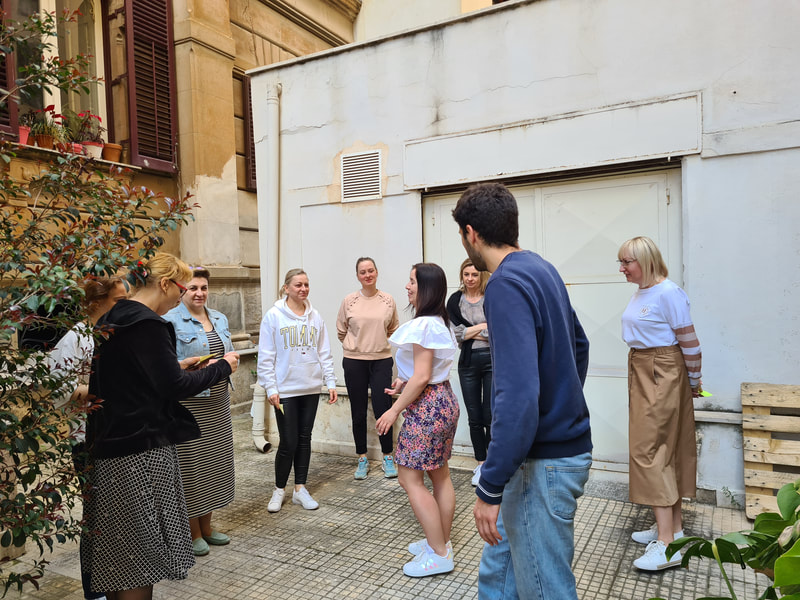
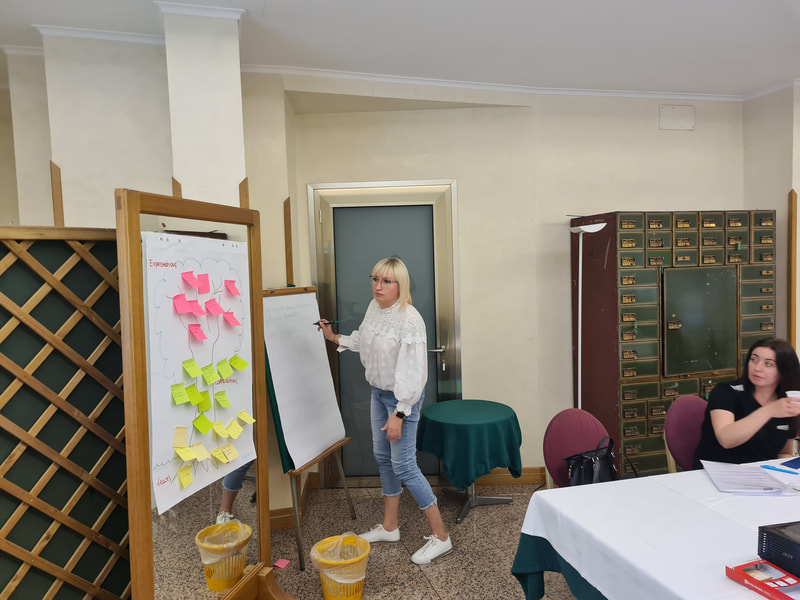
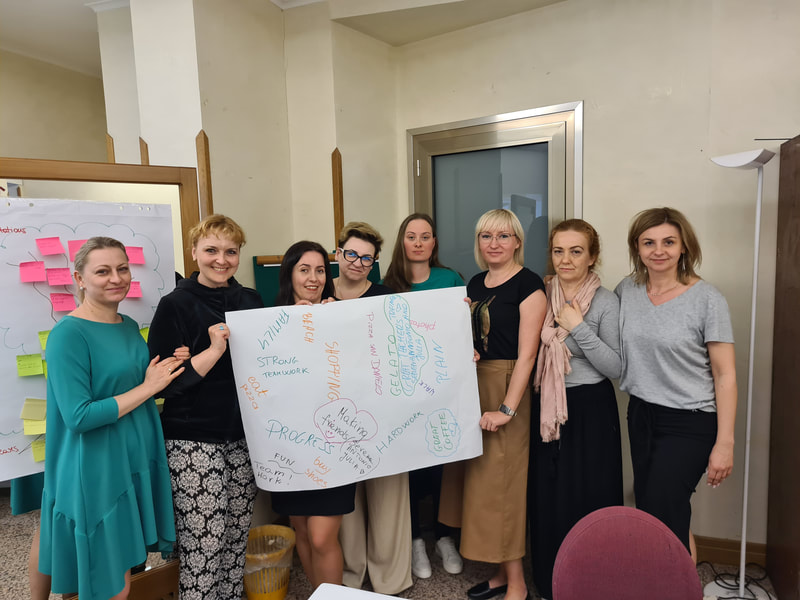
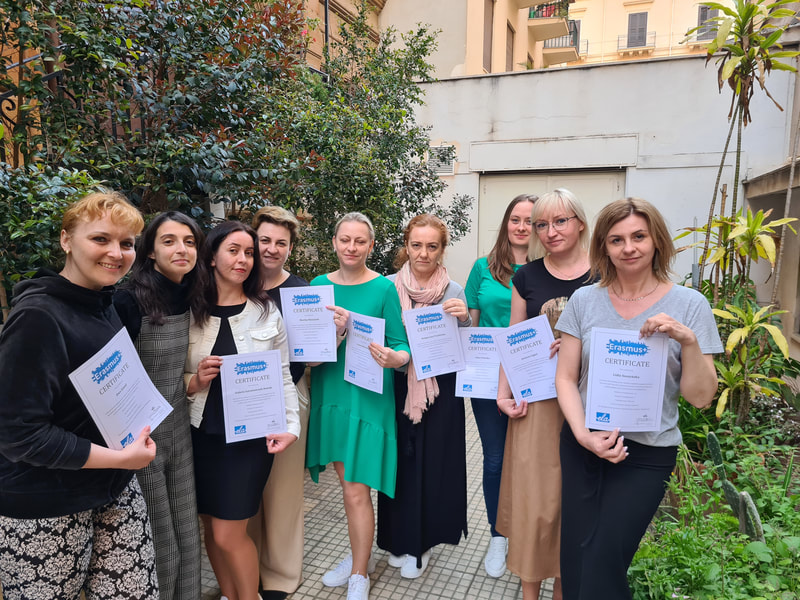
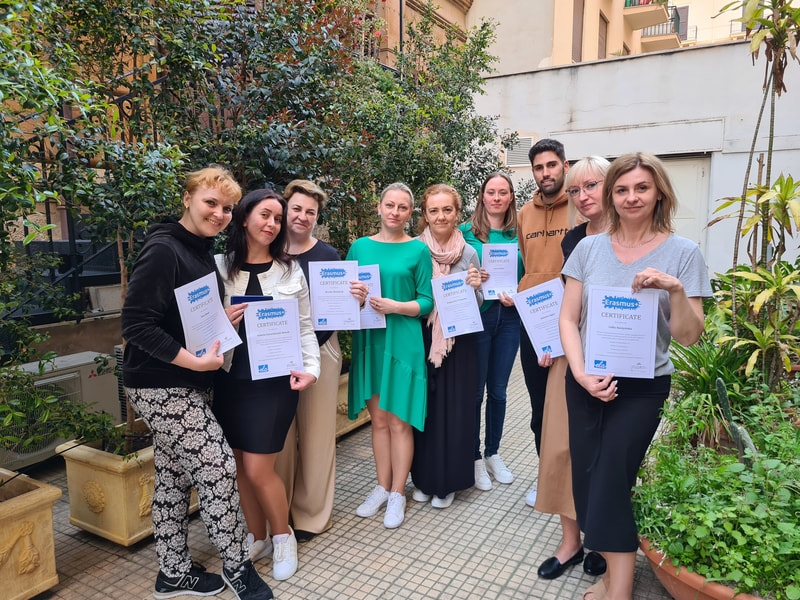
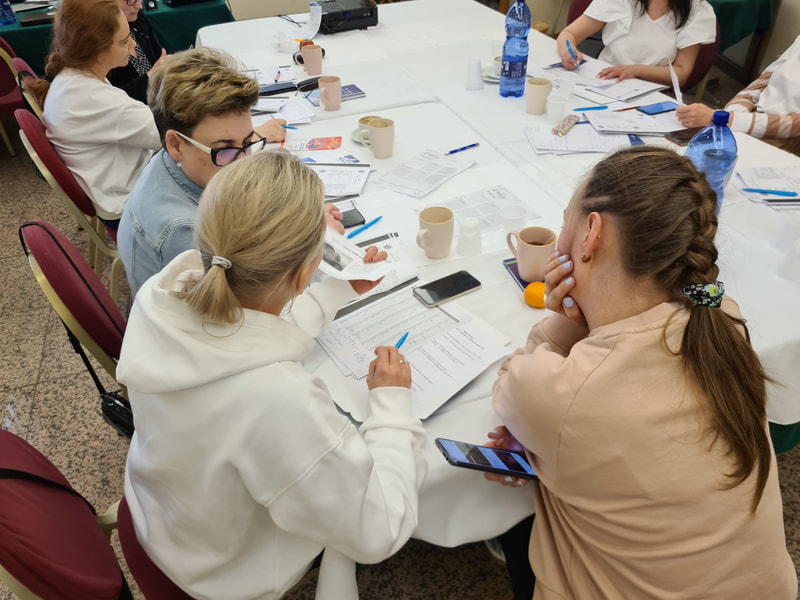
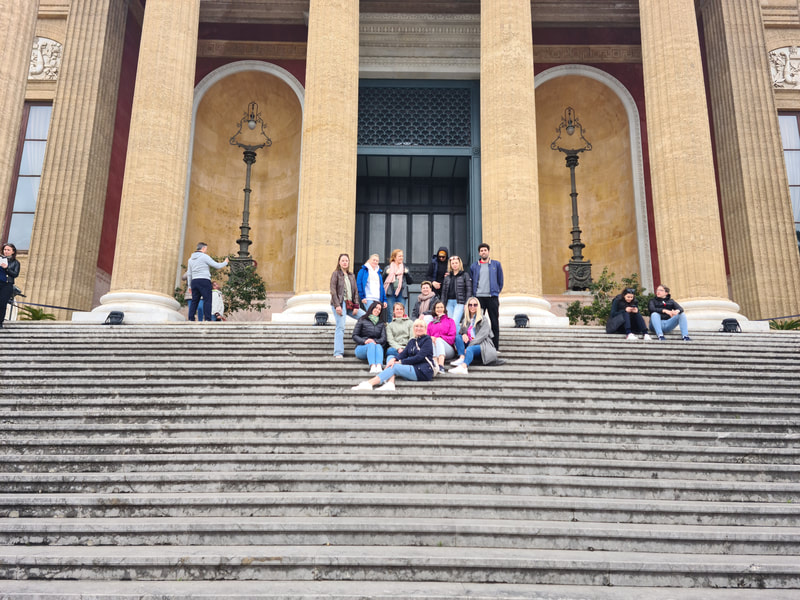
 RSS Feed
RSS Feed









